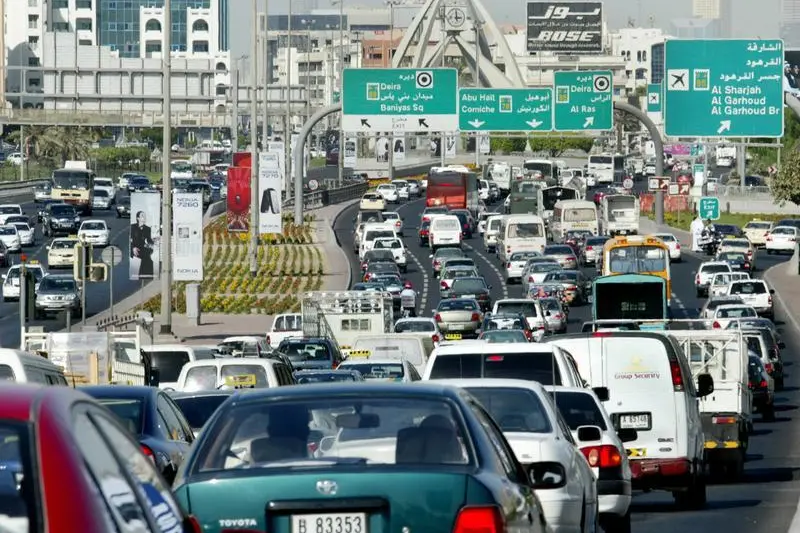PHOTO
UAE - The Hyperloop would transport approximately 3,400 people an hour, 128,000 people a day and 24 million people a year.
Spending upwards of two hours stuck in traffic during rush hours may soon be a thing of the past, once the UAE's first Hyperloop enters the picture.
Because of its incredible throughput, the Hyperloop would transport approximately 3,400 people an hour, 128,000 people a day and 24 million people a year, says Bibop Gresta, chairman and co-founder of Hyperloop Transportation Technologies (HyperloopTT).
"Its capacity can take out a lot of the traffic away from the streets, reducing the traffic problem in the region," he told Khaleej Times. "Again, the dynamics are different depending on the population density in each city, but we are flexible in scaling the transportation technology to accommodate specific needs... it is an intermodal solution, that combined with the rest of the transportation infrastructure, can give an effective and definitive solution for the traffic in the world's greatest cities."
The company is focused on partnering with local and regional stakeholders to find solutions to transportation challenges that are increasing substantially in the region. HyperloopTT's system will primarily be built on pylons, with some ground level and underground segments as needed. In addition, the system is completely automated with advanced technologies that only require monitoring from humans. The system is electrically powered, with no need for fuel on board.
Gresta describes it as the most sustainable mass transportation system ever made in history. "We consume very few amounts of energy because our patented levitation system is the only one capable of levitating without using any electricity. This means we could even return energy back to the grid."
"We are taking a passenger-first approach to guarantee that safety is always our No.1 concern. It has been crucial in our development to go past the simple requirements of freight in order to build a better and safer system for everyone," he added. "The general scenario is that after all the approvals and permits have been received, we are able to construct a full scale Hyperloop system in 38 months." Asked about the future of travel and transportation, he took a look back at how technology has evolved to the point of where it is today.
"Self-driving cars are not a completely new concept," he noted. "In the early 1950s, General Motors build a concept of what driverless cars would be. The same happens with Hyperloop. Such a transportation system was first conceived in 1910, by Robert Goddard. What HyperloopTT is doing is simply taking existing technologies and concepts, improving them and combining them in a new way. In both examples, we believe this is the future of humanity and a wish the goes back many decades and even centuries."
"It is absolutely an answer to the biggest problem transportation has, which is human mistakes," he explained. "The human element is completely substituted for artificial intelligence, so we will have a safer and more efficient way to travel."
Copyright © 2018 Khaleej Times. All Rights Reserved. Provided by SyndiGate Media Inc. (Syndigate.info).





















